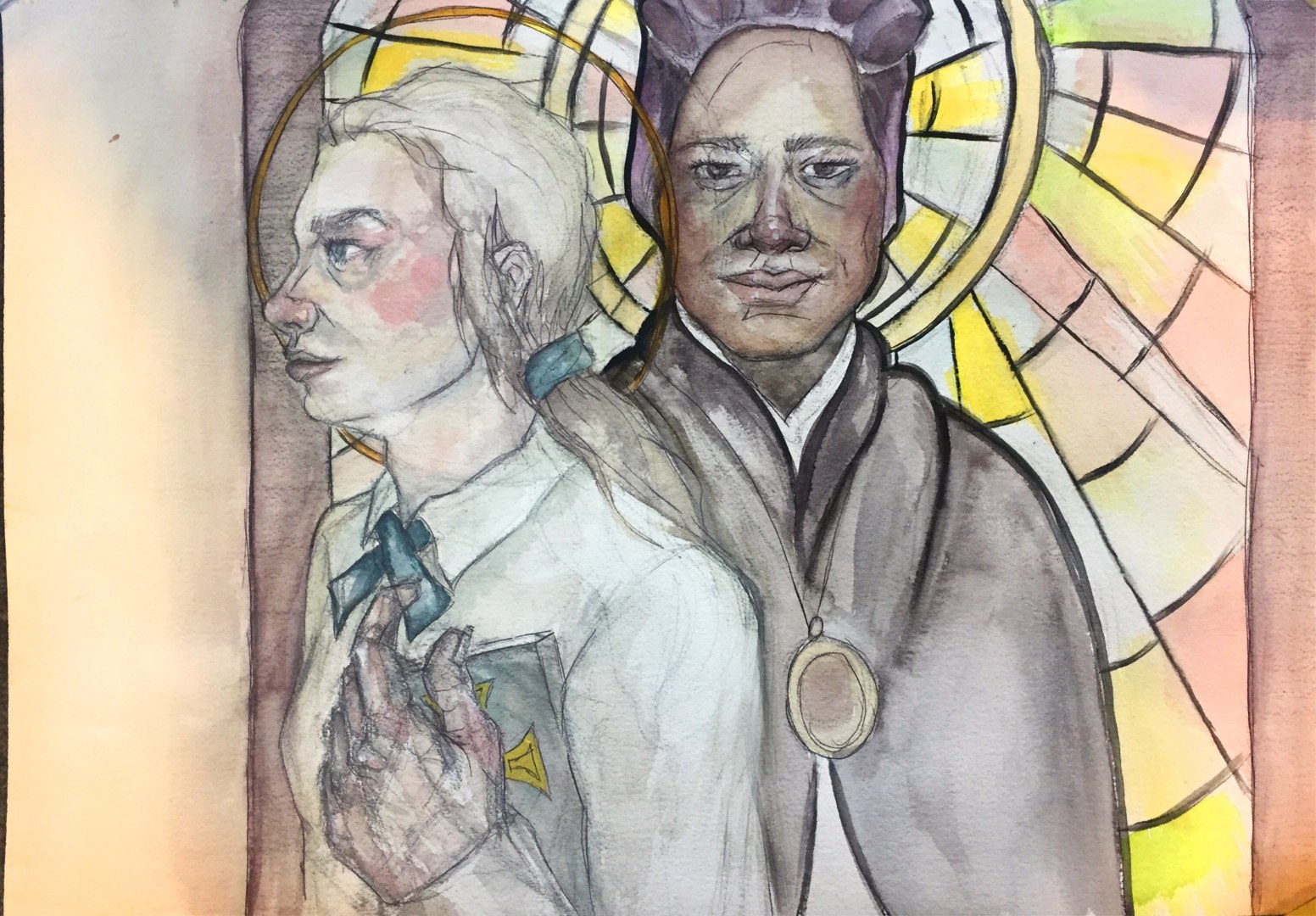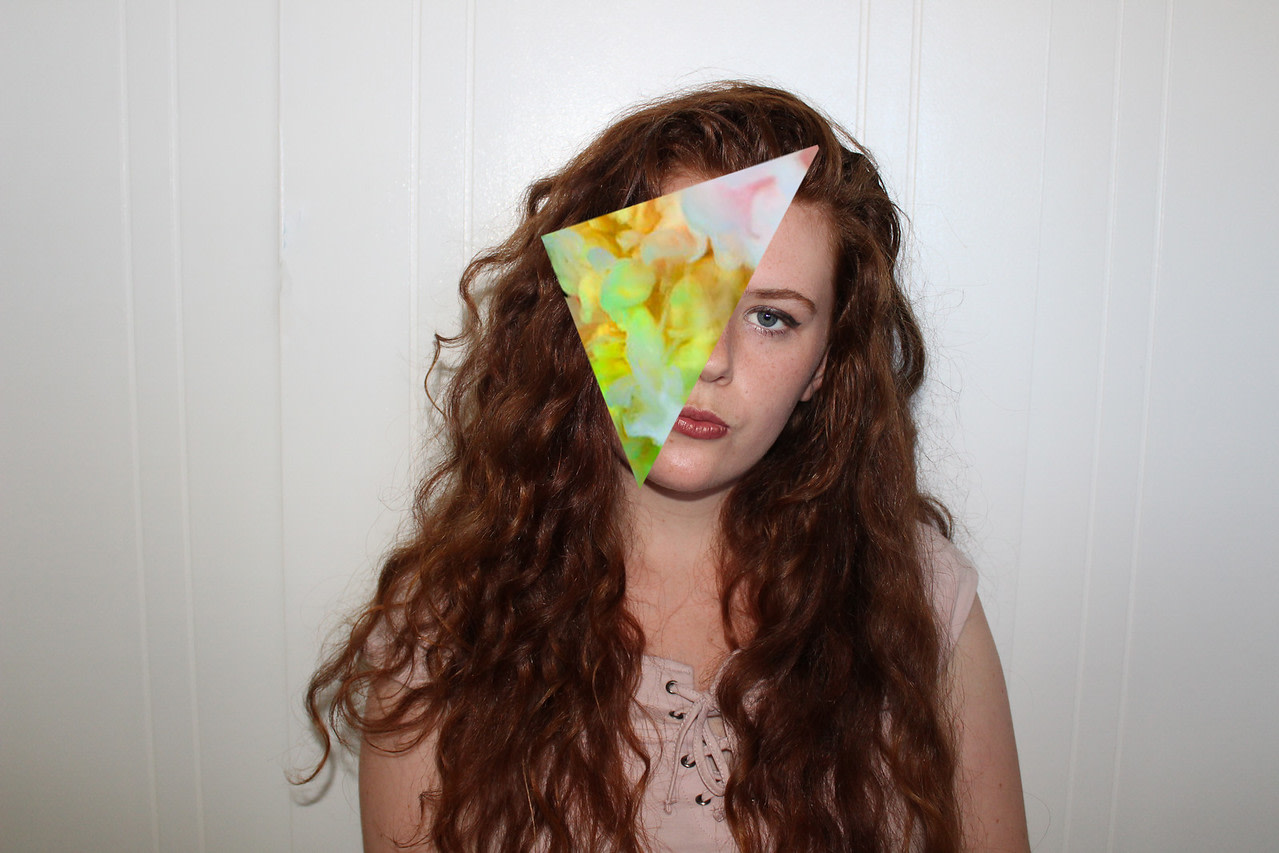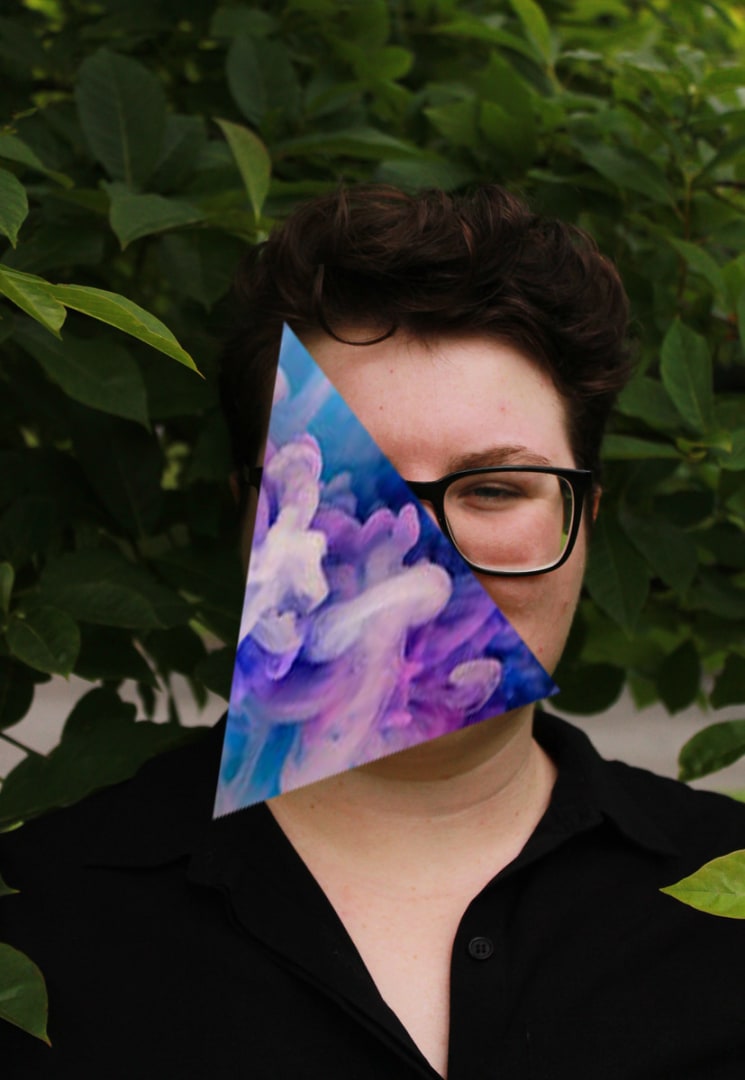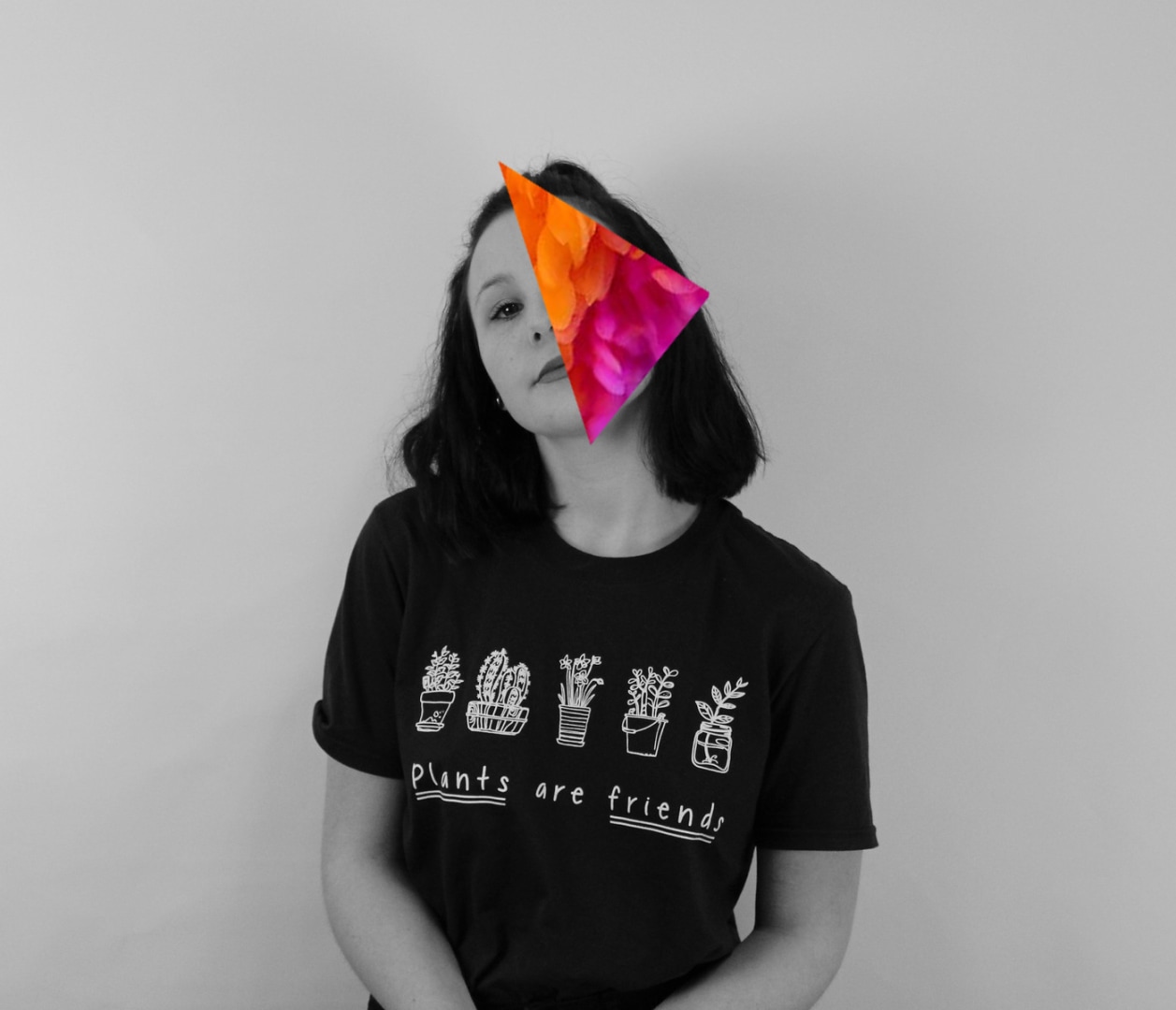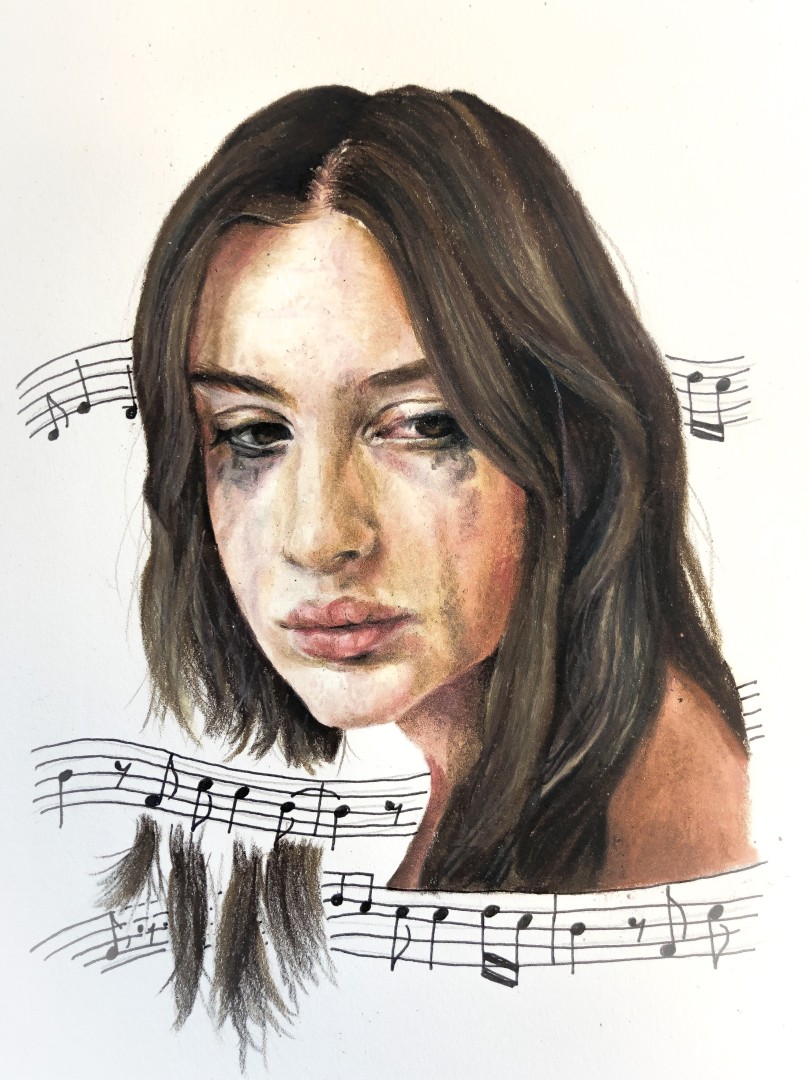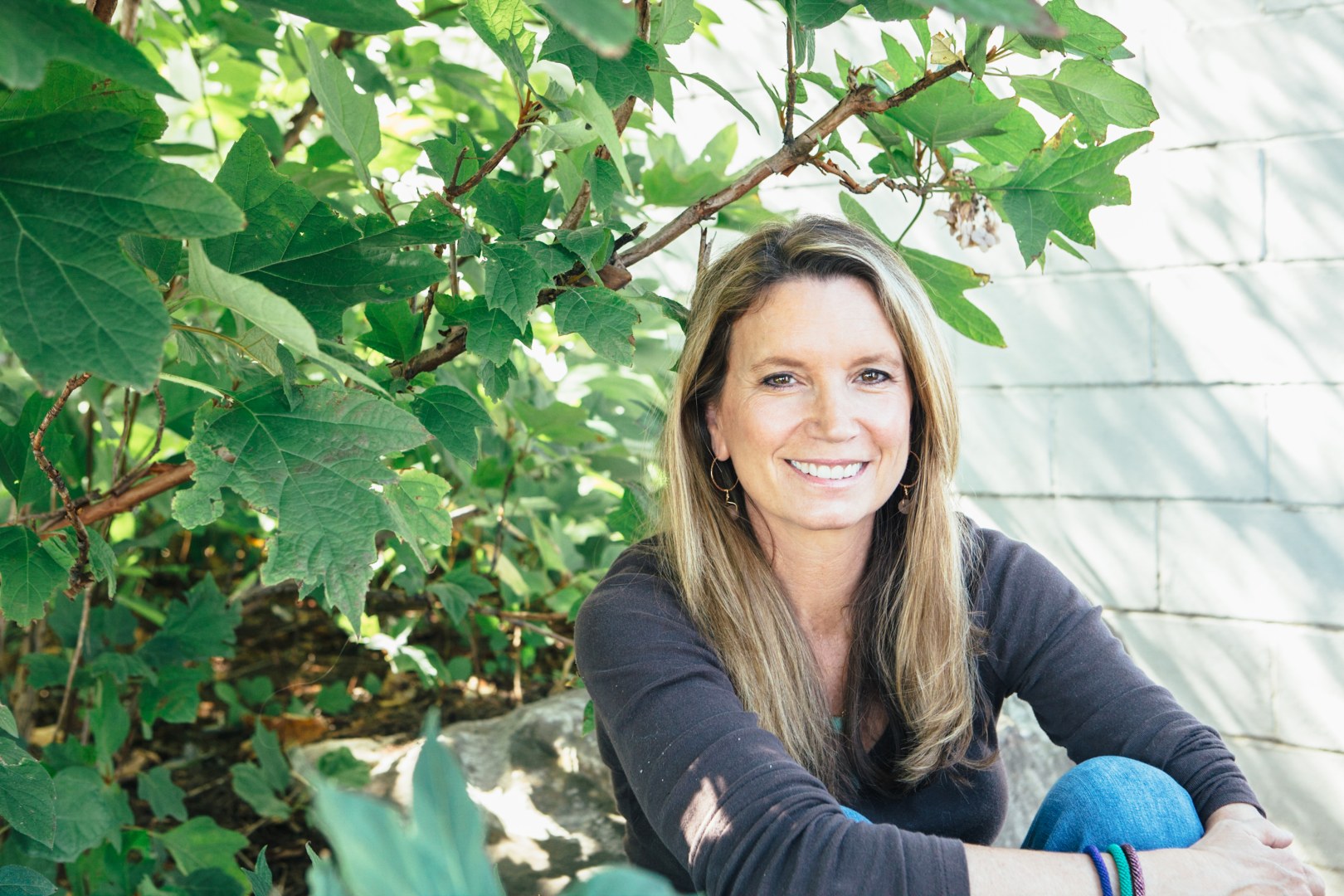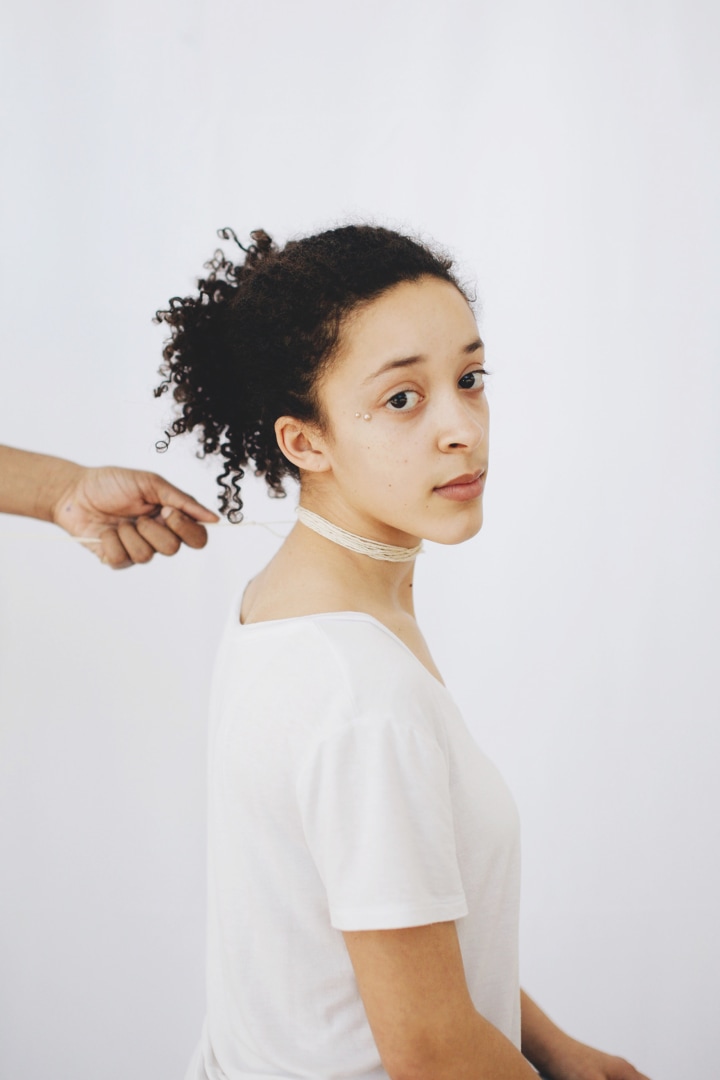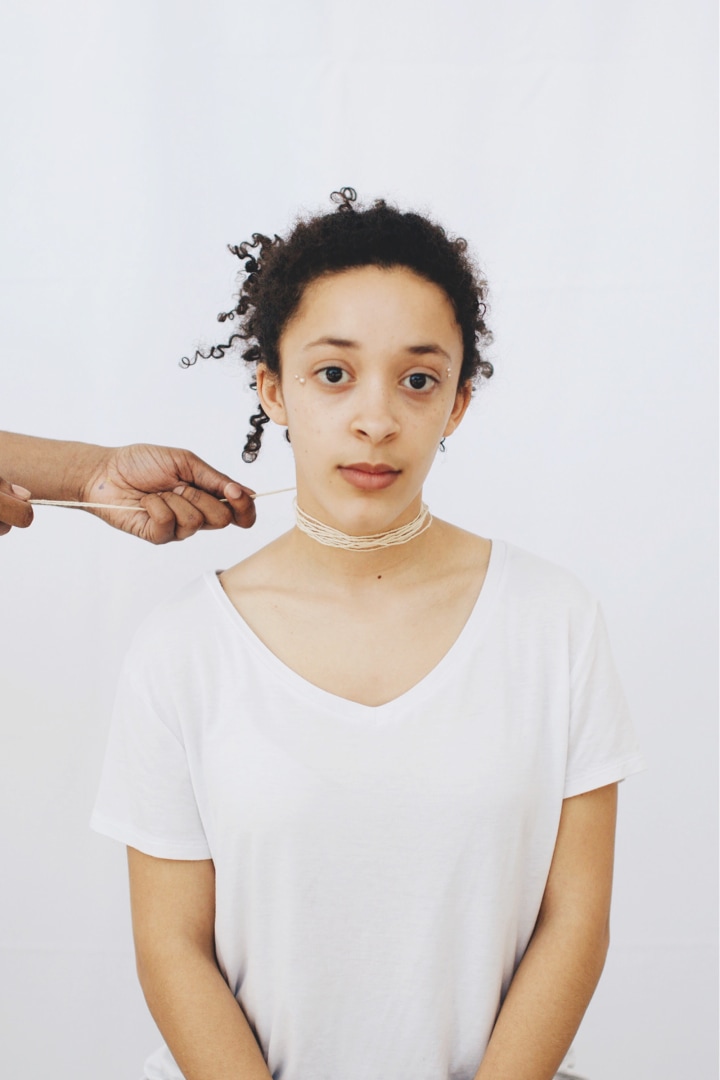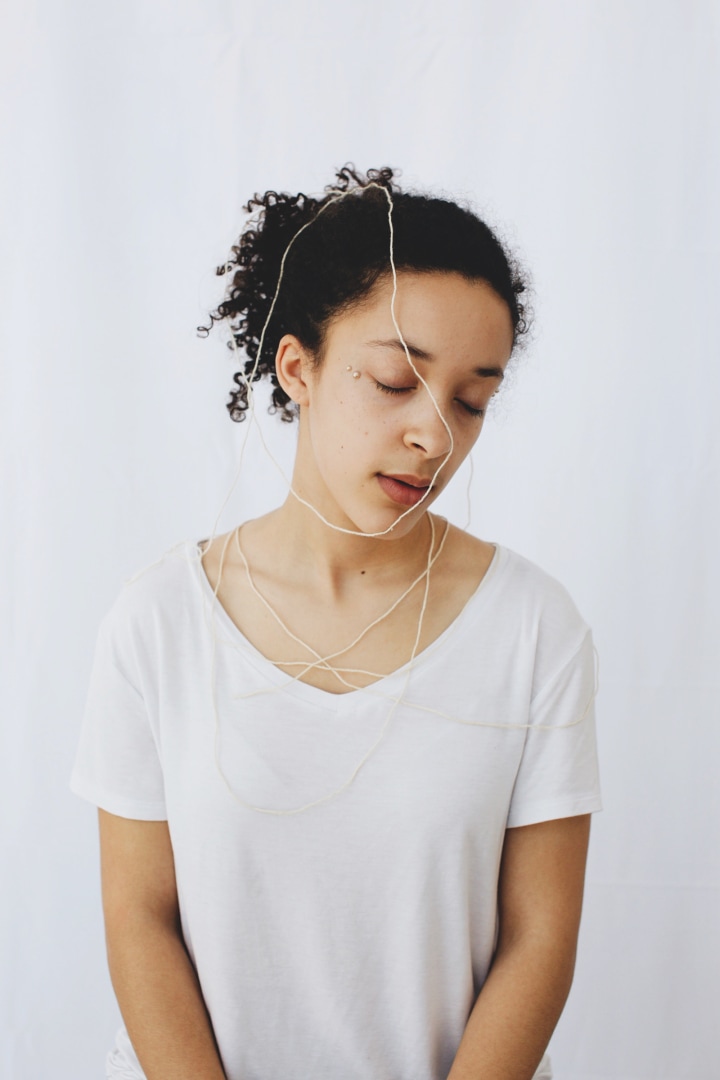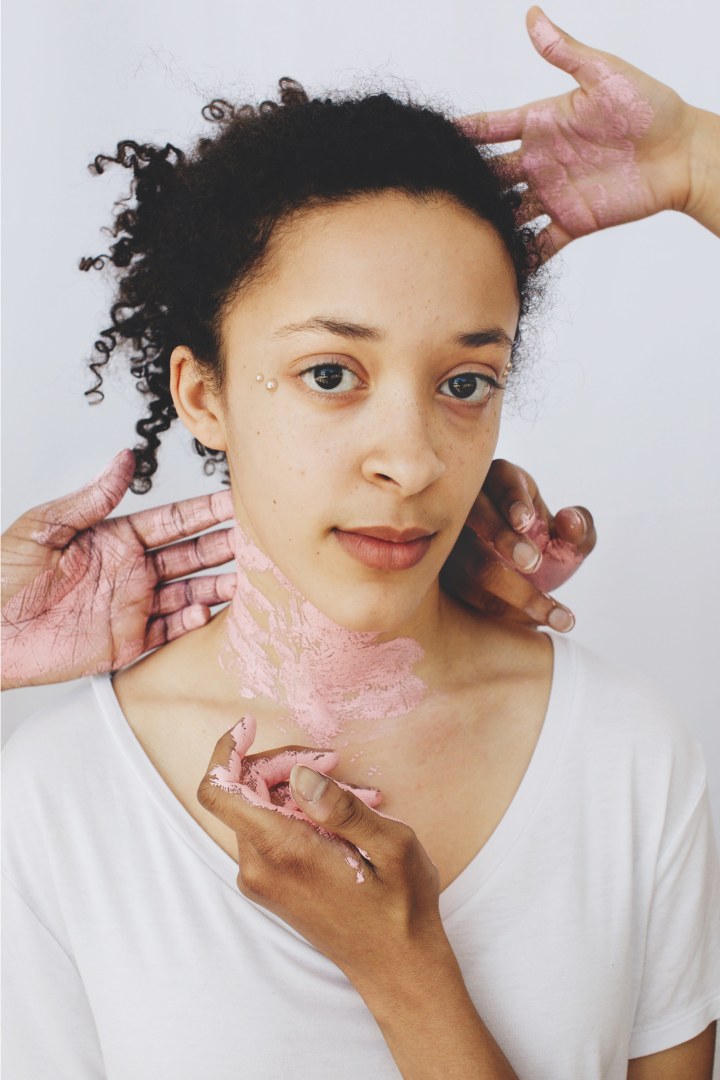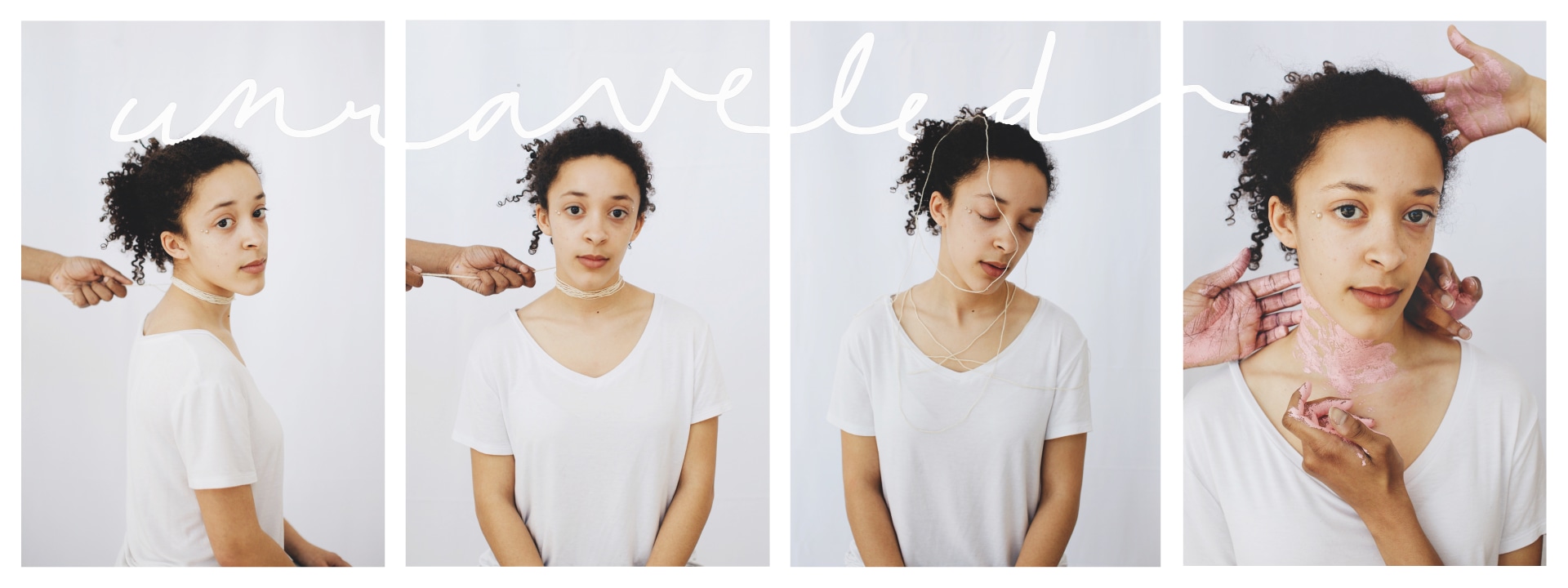Dear Reader,
Welcome to Issue 8!
Since the beginning, MVMENT has been more than a publication. It has been a community of students, tackling personal issues of gender identity, sexuality and rape culture. Clear communication is an integral part of growing our community, and over the past seven issues, we have used the Letter from the Editor not only as an update for our readers, but also as a space for reflection. In many ways, we have grown with each iteration by expanding our content to include collections, music and pioneer pieces, focusing our last two issues on specific themes—reproductive rights, in the wake of Justice Kavanaugh’s confirmation, and the transgender experience, as a reflection on the Department of Health and Human Services’ memo invalidating transgender individuals across the country—themes pertinent to our current climate, as well as releasing the MVMENT Blog for additional content and increasing our board from 17 students on one campus to a team of over 100 on more than 30 campuses across the country.
While I am proud of all we have accomplished, we must also address our shortcomings. With such rapid expansion came the challenge of orchestrating our team members spread across regions and timezones. As school started, we found ourselves losing some board members both to unavoidable personal circumstances and to the demands of daily high-school and college life. Influenza and norovirus spread through boarding school and college campuses, and many board members, myself included, were ill for the better part of a month. And while elements of this issue have been in the works for many months (like our first video project, which I’ll address later), the time since our last issue has drawn on too long.
Issue 8 brings exciting new angles and content. We took the chance with this issue to explore what it means to be an ally and how we can each play our part in combating the toxic culture we live in. MVMENT spoke to Becca Stevens, founder of Thistle Farms, to showcase real change beyond the high school and college level. True to our mission of continual improvement, I’m thrilled to announce that this issue includes the magazine’s first video project, in which a high school sophomore talks about their struggles with gender identity and societal expectations of “being a beautiful woman.” Incorporating video into our content has been a long-time goal of ours, and we envision that “Being a Beautiful Woman” will lay the groundwork for future exploratory video projects. Finally, this issue concludes with “Unraveled,” a multimedia project that explores an abusive relationship through music and photography.
MVMENT is undergoing a fundamental readjustment. As we approach a year since our first issue, we are taking time to come back to the core of what we strive to do: delivering quality, student-created content, empowering and educating. And with our continual push for change—revamping our application process, consolidating our board, and focusing on an efficient workflow across all teams in different locations—we are also taking the next month to regroup, recalibrate and deliver another quality issue by the end of March. For our ninth issue, however, we are planning on taking a different route. An issue highlighting our journey and process, a unique opportunity for readers to see the students behind MVMENT. Not only will it be a window into the intense process behind our issues, blog releases and social media posts, it will paint a portrait of our diverse board and staff and write a story of our successes and trying moments.
Growing responsibly is an important part of our mission. In the past few months, an increasing amount of work has fallen to a handful of individuals. Ensuring that we can reliably publish content is an important part of our mission as well, and through the process of restructuring and self-evaluating, we will be able to streamline our process and ensure that all of our issues reflect our best and most timely work.
Joining the MVMENT team is more than just about finding a role or title. It is about joining hands with students connected not by location, socioeconomic status, sexual orientation, race or religion but rather by the pursuit of a better, more understanding society for students like us. If you want to find your place as part of the magazine, whether contributing content, joining the staff, spreading the word, or starting discussions on your own campus, we are excited to be adding an online application portal to our website to be available in the near future. Follow us on Instagram, Facebook and Twitter to keep up-to-date with our progress.
Now, more than ever, as the status of our fellow LGBT+ students is called into question, MVMENT recognizes the importance of strong bonds and strong alliances. The work we do is imperative for the safety, greater understanding and future of the communities on our campuses and in broader society. Issue 8 includes the stories of allies as they try to find their place in this effort; they strive to be a roadmap for all of us as we do our part in contributing to the fight against the toxic culture surrounding us. The call to be a supporter is not just for this magazine but for all those who read it and work behind the scenes for it, all those who need their stories told, their voices broadcasted, and all of those who believe, as I do, that now, more than ever, the work of students refusing to be silenced is the factor that will drive change in our societies.
Read. Engage. Discuss. The culture we live in can only survive in silence.
Yours truly,
Vinayak Kurup
Editor In Chief

